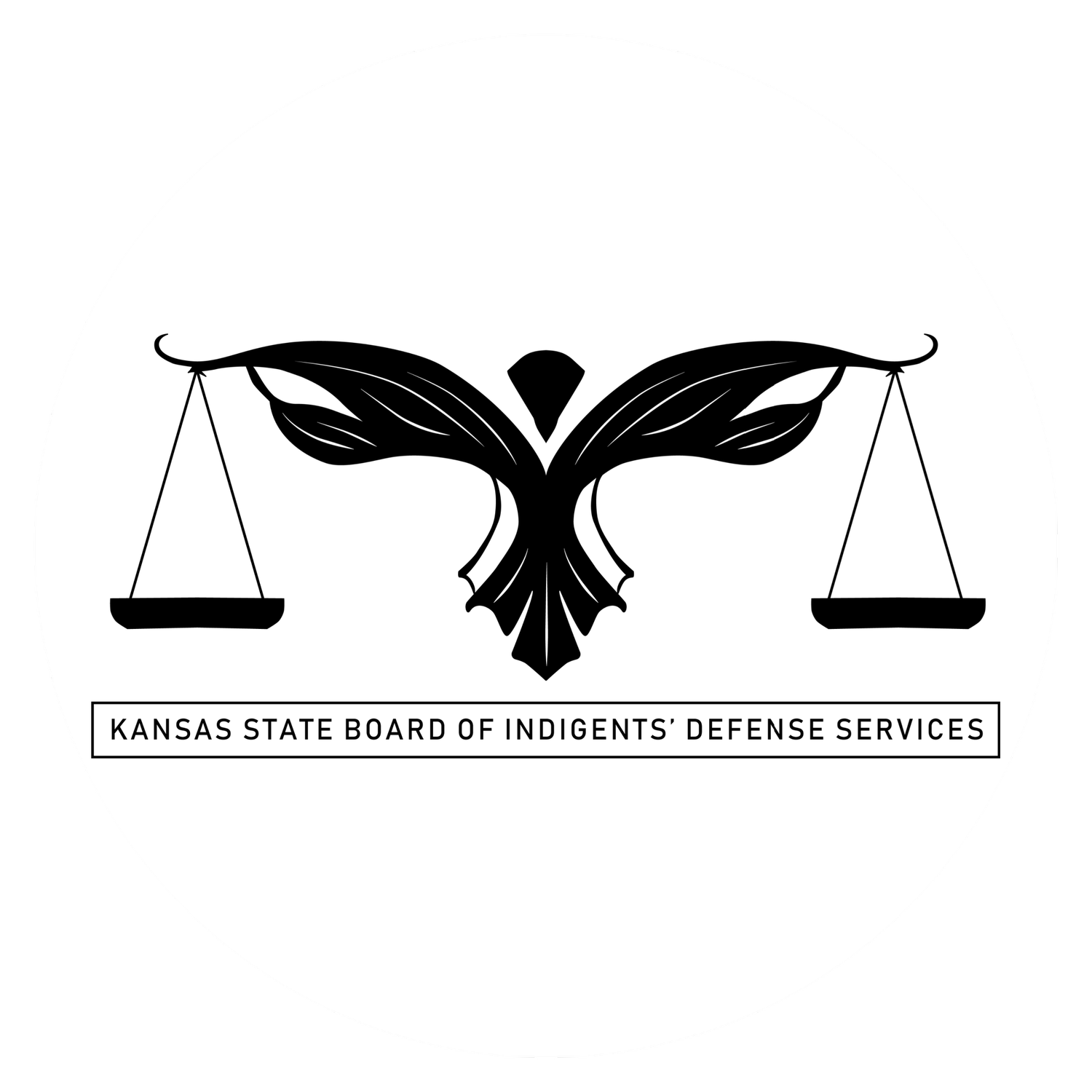Responding to Counterman v. Colorado in Kansas
by Kasper Schirer, Senior Assistant Appellate Defender
At the Appellate Defender Office, we have had a lot of questions about the effect that the recently decided United States Supreme Court case, Counterman v. Colorado, 143 S.Ct. 2016 (2023), has on the continued validity of State v. Boettger, 310 Kan. 800, 450 P.3d 805 (2019).
In response, the ADO has put together some guidance on dealing with claims by the state or judges that Counterman has overruled Boettger, and that all reckless criminal threats should be scored as person felonies moving forward. In our view, this is not the case at all.
We believe that Boettger remains the law in Kansas unless and until our Supreme Court revisits that case. We also believe that Counterman cannot be applied retroactively to clients who committed their offenses before Counterman was decided on June 27, 2023.
The following guidance is not intended to be an end-all, be-all guide to all Counterman litigation – it is a starting point. You may have great ideas outside the scope of this guidance, which you should by all means pursue. The focus of this guide is helping clients whose prior criminal threat convictions should not be scored as criminal history because of Boettger. Here at the ADO, we believe this is the class of folks most likely to be immediately (and wrongly) adversely affected by Counterman.
Even if Boettger is no longer good law after Counterman, a client’s punishment must be determined based on the law in effect at the time of their offense.
In Kansas: “[I]t is a fundamental rule of sentencing that the penalty parameters for a crime are established at the time the crime was committed.” State v. Keel, 302 Kan. 560, Syl. ¶ 9, 357 P.3d 251 (2015). Our Supreme Court has long held to this rule because it is “fair, logical, and easy to apply” – it prevents both the State and the accused from manipulating a sentencing date to take advantage of changes in the law. See Keel, 302 Kan. at 586; State v. Williams, 291 Kan. 554, Syl. ¶ 3, 244 P.3d 667 (2010); State v. Vandervort, 276 Kan. 164, 180, 72 P.3d 925 (2003); State v. Sylva, 248 Kan. 118, 121, 804 P.2d 967 (1991).
For any case decided before the Counterman decision on June 27, 2023, the controlling law remains Boettger and K.S.A. 21-6810(d)(9). At the time these offenses were committed, a reckless criminal threat was unconstitutional under Boettger. The law controlling the punishment for these crimes was locked at the moment the crimes were committed. Even if Counterman has cast doubt on the Boettger decision moving forward, it was the law in Kansas until at least June 27, 2023.
Boettger remains the law in Kansas unless and until the Kansas Supreme Court takes action to change the law.
The Kansas Supreme Court found reckless criminal threat to be unconstitutional in State v. Boettger, 310 Kan. 800, 450 P.3d 805 (2019). To do so, the Kansas Supreme Court relied heavily on Virginia v. Black, 538 U.S. 343, 123 S.Ct. 1536, 155 L.Ed.2d 535 (2003). See Boettger, 310 Kan. at 805-23. Based on the Boettger decision, no prior conviction for reckless criminal threat may used for criminal history scoring purposes. See K.S.A. 21-6810(d)(9). Notably, the United States Supreme Court denied review of Boettger in 2020. See Kansas v. Boettger, 140 S.Ct. 1956 (2020).
Counterman does not address Kansas’ criminal threat statute at all. Rather, it strikes down a Colorado stalking statute which lacked a subjective mental state requirement. See Counterman, 143 S.Ct. at 2109. Counterman did not overrule Black. See Counterman, 143 S.Ct. at 2114. Most importantly, it did not find the Kansas statute criminalizing reckless threats to be constitutional.
Unless and until the Kansas Supreme Court says otherwise, Boettger is still the law in Kansas. Reckless criminal threat under K.S.A. 21-6810 remains “a crime defined by a statute that has since been determined unconstitutional by an appellate court,” and still cannot be used to calculate criminal history. See K.S.A. 21-6810(d)(9). The Counterman decision may cause the Kansas Supreme Court to reconsider Boettger. Or, the Kansas Supreme Court may continue to follow Boettger based on the Kansas Constitution’s promise that: “all persons may freely speak, write or publish their sentiments on all subjects.” Kan. Const. Bill of Rights, § 11. Unless and until the Kansas Supreme Court decides to revisit Boettger, reckless criminal threat remains unconstitutional in Kansas.
***
Again, we know that two points of guidance are not going to speak to every nuance of every case. This guidance is only intended to be a starting point. Please feel free to reach out to me at kschirer@sbids.org if you have questions, or if you would like to talk about the particulars of your case.

